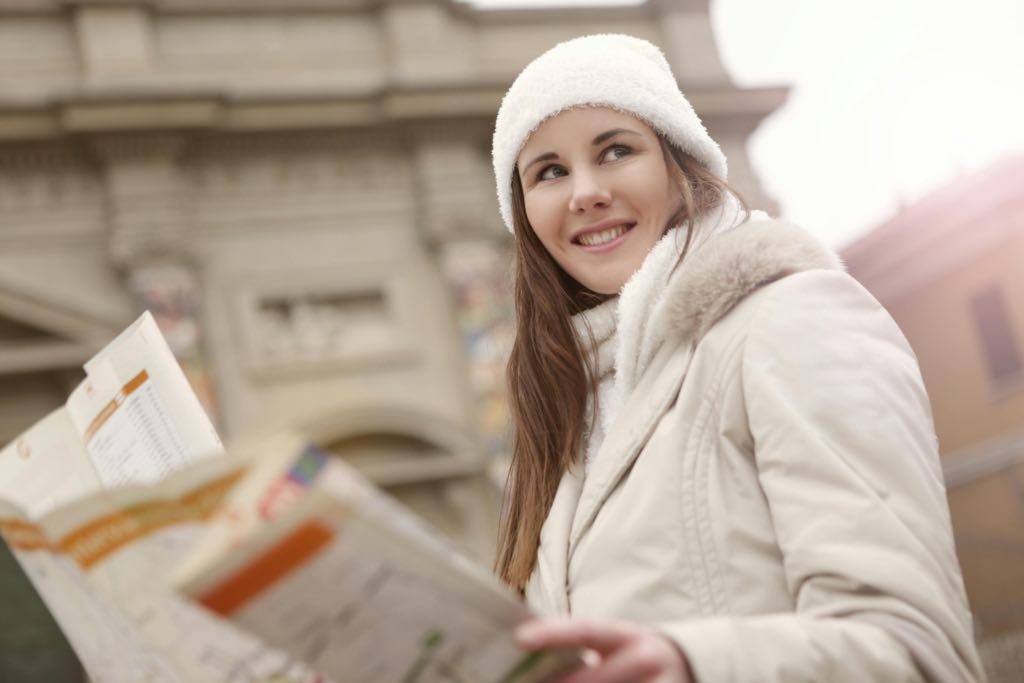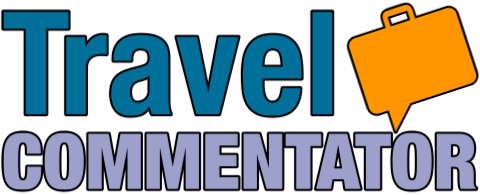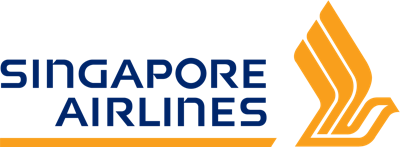Calm in Motion: How Solo Travelers Can Conquer Travel Stress and Anxiety

Traveling alone can be liberating — every decision is yours, every moment is yours. But it can also trigger stress, uncertainty, and emotional fatigue. From airport rushes to language barriers, solo travelers face unique anxieties that, when unmanaged, can overshadow even the most beautiful destinations.
TL;DR: Key Takeaways for Calm, Confident Travel
- Anticipate stress triggers before you leave — plan, don’t panic.
- Use structured rituals: checklists, packing routines, and time buffers.
- Practice mindfulness, controlled breathing, and gentle movement.
- Explore natural, evidence-backed relaxation aids.
- Focus on curiosity over control — travel is unpredictable, and that’s okay.
Why Travel Anxiety Happens — and How to Reframe It
Stress while traveling isn’t weakness — it’s biology. Your body reacts to change, uncertainty, and sensory overload. Solo travelers often experience “anticipatory stress” before trips and “decision fatigue” during them.
Common triggers include:
- Tight schedules or missed connections
- Overplanning (or underplanning)
- Loneliness or cultural disorientation
- Safety and financial concerns
To counter this, build emotional infrastructure before departure. Keep your plans flexible, make space for downtime, and approach challenges as part of the adventure — not as proof of failure.
For an excellent overview on cognitive reframing techniques, check out Psychology Today’s travel anxiety guide.
Natural Modalities for Calming the Mind and Body
Sustainable stress management works best when you combine both preventive and responsive practices. Below are four safe, natural options travelers are turning to — all legal in most regions and compatible with mindful travel.
- Mindful Breathing & Grounding
Simple breathwork can reset your nervous system in minutes. Apps like Calm or guided meditations on Insight Timer are perfect for layovers or pre-flight jitters. - Movement-Based Relaxation
Low-impact stretching, yoga, or short walks during transit improve circulation and mental clarity. The Yoga Journal’s travel-friendly routines offer beginner options you can do anywhere. - Aromatherapy & Essential Oils
Portable and subtle, essential oils like lavender or bergamot can reduce cortisol levels. Studies suggest aromatherapy helps regulate mood and improve rest quality — ideal before long flights or new sleep environments. - Botanical Relaxation with THCa
Emerging as a natural, plant-based aid, THCa (tetrahydrocannabinolic acid) offers soothing benefits without traditional psychoactivity. Many solo travelers appreciate it for calm focus and body relaxation on stressful journeys. To explore high-quality options, premium THCa cartridges offer a convenient, travel-sized form factor.
The Solo Traveler’s Stress Survival Checklist
Pre-Trip Preparation
- Double-check travel insurance and emergency contacts
- Notify banks and credit cards of your travel plans
- Save digital and paper copies of key documents
- Learn a few basic phrases in the local language
During Travel
- Keep water, snacks, and noise-cancelling headphones handy
- Schedule rest days between major activities
- Stay connected with friends/family digitally
- Journal nightly to process emotions and experiences
Mindset Maintenance
- Accept minor inconveniences as “travel tax”
- Reward small victories (navigating, negotiating, discovering)
- Keep gratitude lists for perspective shifts
How-To — Turn Anxiety into Empowerment
- Name the Feeling
Label your stress (“I’m anxious about missing my train”) instead of judging it. Awareness neutralizes panic. - Reset Your Physiology
Use slow, rhythmic breathing or the 4-7-8 technique to reduce heart rate. - Anchor in the Present
Ground through sensory details — feel your luggage handle, listen to ambient sounds, observe color and motion. - Redirect Focus
Transform nervous energy into curiosity: What can you learn, notice, or photograph right now? - Reward Regulation
View calmness as a skill — not luck. Use positive reinforcement to make it habitual.
For deeper guidance, see Mindful.org’s travel meditation resources.
| Trigger | What Happens | Recommended Response | Why It Works |
| Crowded airports | Sensory overload | Deep breathing, noise-cancelling headphones | Reduces sympathetic activation |
| Loneliness | Emotional disconnection | Schedule calls, join group tours | Reintroduces social regulation |
| Delays | Loss of control | Accept delay, stretch, hydrate | Reframes helplessness |
| Jet lag | Fatigue, irritability | Light exposure, hydration | Re-syncs circadian rhythm |
| Fear of theft | Hypervigilance | Use anti-theft gear, mindfulness | Restores perception of safety |
Product Highlight — Smart Tools for Calm Travel
For travelers who rely on tech to stay balanced, noise-masking headphones like Sony WH-1000XM5 or sleep trackers from Fitbit help monitor rest and recovery. Pairing them with sleep apps such as Sleep Cycle ensures your mind and body stay in sync during shifting time zones.
These tools aren’t just accessories — they create consistency, which is key for mental stability when everything else is in flux.
FAQ — Managing Travel Anxiety
Q1: Is it normal to feel anxious when traveling alone?
Absolutely. It’s a natural response to novelty and uncertainty — not a flaw.
Q2: How can I manage panic attacks during travel?
Use grounding techniques (touch textures, count objects) and slow exhalations. Move to a quieter space if possible.
Q3: Can journaling help reduce anxiety?
Yes. Writing organizes thoughts, releases emotions, and builds resilience. Try Penzu’s online travel journal.
Q4: Are natural stress relievers safe to combine?
Generally, yes, but consult a healthcare provider if combining herbs or supplements with medication.
Q5: What’s the best way to stay calm in unfamiliar cultures?
Learn basic etiquette, observe locals, and stay flexible. Curiosity disarms fear.
Glossary of Key Terms
- Grounding: A mindfulness technique focusing on physical sensations to anchor awareness.
- Anticipatory Stress: Anxiety before a future event due to imagined scenarios.
- THCa: A non-psychoactive compound derived from cannabis that may support relaxation.
- Aromatherapy: The therapeutic use of plant-based essential oils to influence mood and physiology.
- Decision Fatigue: Mental exhaustion from making too many small choices over time.
Travel stress is a natural byproduct of exploration — especially when you’re the navigator, planner, and safety net all in one. But when managed with awareness and structure, anxiety transforms into energy for growth. Solo travel doesn’t just teach you about the world; it teaches you about yourself — how adaptable, capable, and resilient you really are. With preparation, grounding practices, and a few well-chosen wellness tools, you can turn every journey into both an adventure and a meditation.











